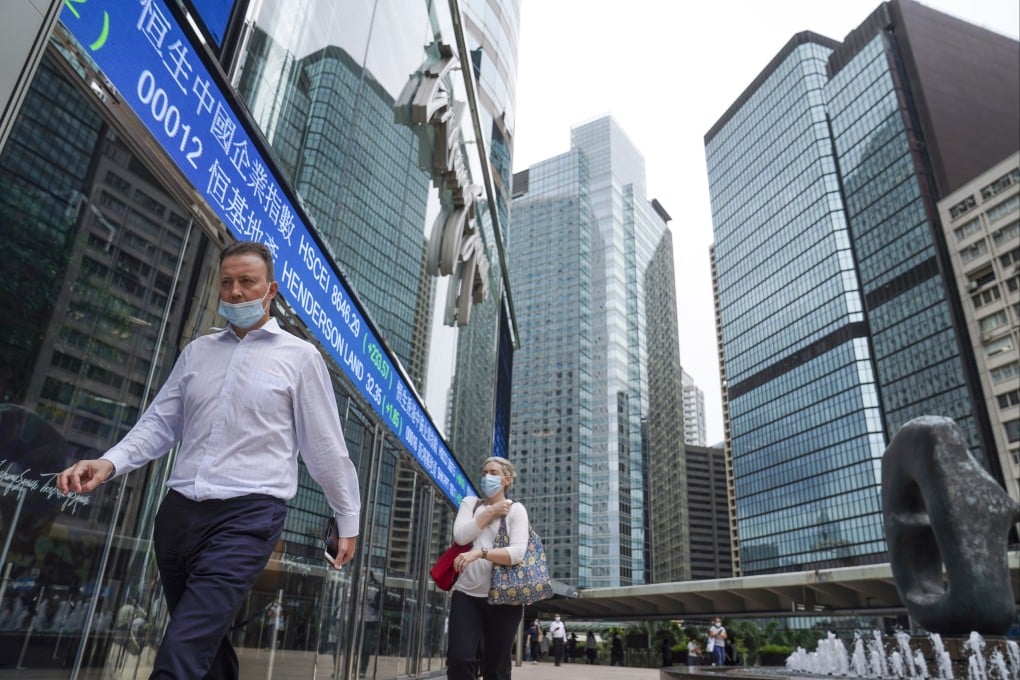Editorial | Better safe than sorry for Hong Kong’s SPAC investors
- City is a latecomer to special purpose acquisition companies, but this also means it has tougher measures in place to contain risk and shield market novices

Risk and profit potential should be commensurate. So-called blank-cheque companies, or special purpose acquisition companies (SPACs) that have been all the rage on Wall Street, offer high risk and high rewards. However, they may not be suitable for retail investors.
Hong Kong is a latecomer to the SPAC game, but this also means the city has much tougher measures in place to contain the risk and shield novice investors. Regulations now clearly stipulate a timeline for completion of mergers, sometimes called de-SPAC transactions; an outright ban on retail investors from dabbling in SPAC stocks; and rules on the qualification of SPAC sponsors.
In January, the Hong Kong stock exchange started accepting SPAC IPO applications. Its first SPAC, Aquila Acquisition Corp, backed by China Merchants Bank, debuted in March and raised US$128 million.
Ten more IPO applications from SPACs are in the pipeline. Belatedly, securities regulators in the United States only now propose sweeping reforms to strip SPACs of legal safeguards that have enabled sponsors to present rosy forecasts to potential investors.
Some critics, though, have argued Hong Kong has missed the boat, because of the lengthy period of public consultation before the regulatory measures, including opening SPACs to investors’ lawsuits if they gild the lilies too much or cheat outright. But it’s a case of better safe than sorry.

